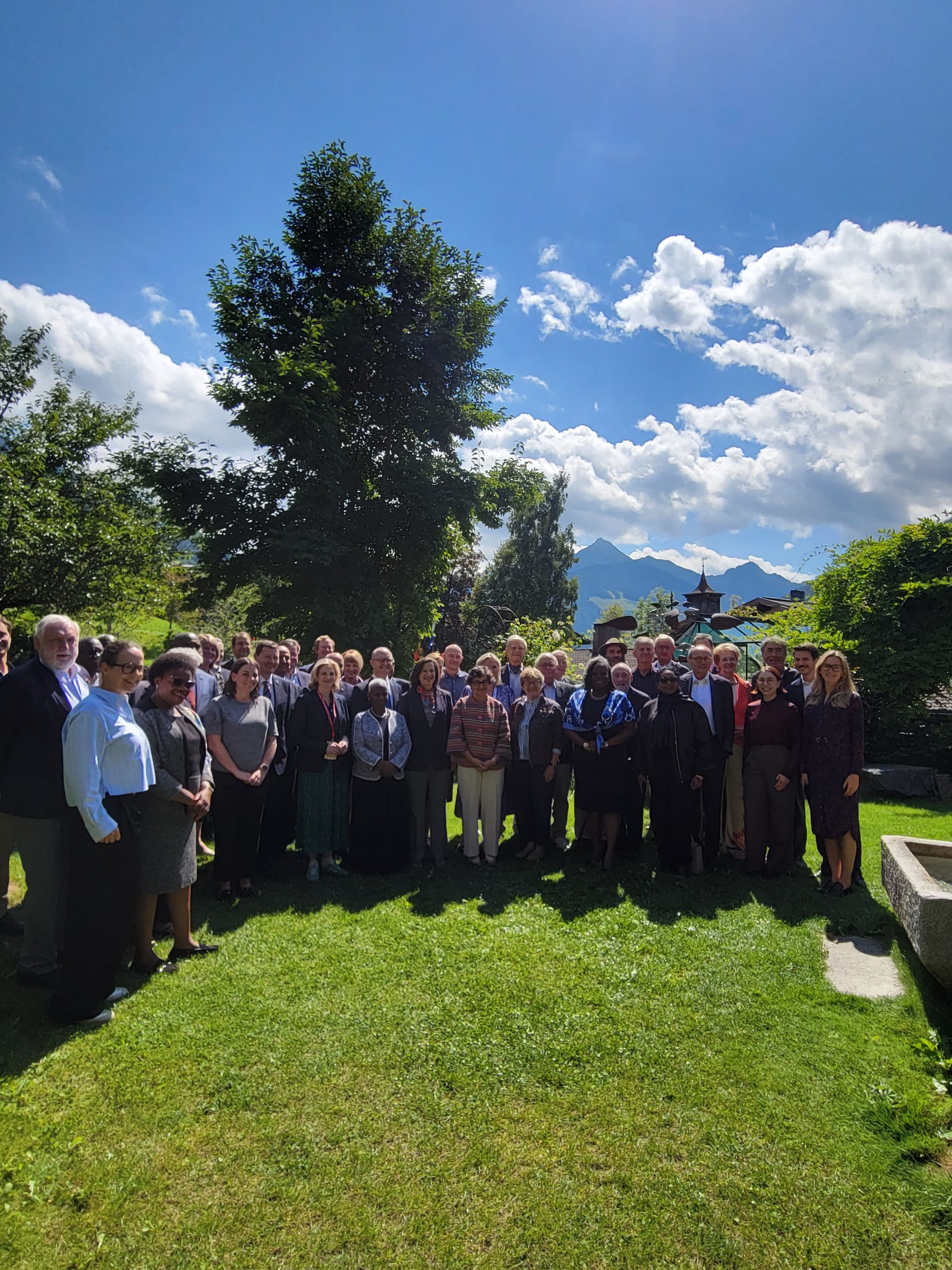St. Kitts and Nevis’s Commitment to UN Reform: A Demonstration of Multilateral Partnership.
The United Nations, facing its 80th anniversary, found itself at a critical juncture in 2025. Recognizing the need for revitalization, particularly in the realm of peace and security, the Austrian Federal Ministry of European and International Affairs convened the UN Reform: Walking the Talk Retreat. Held within the prestigious European Forum Alpbach 2025, the retreat aimed to facilitate candid discussions and innovative thinking amongst a select group of UN officials, diplomats, and experts. The overarching goal was to generate actionable recommendations for strengthening the UN’s capacity to address the increasingly complex challenges of a rapidly evolving global landscape. The retreat built upon the momentum generated by the Pact for the Future, adopted the previous year, which called for a thorough review of peace operations and emphasized the importance of robust partnerships with regional organizations.
St. Kitts and Nevis, represented by its Permanent Representative to the UN, H.E. Dr. Mutryce Williams, actively participated in this crucial dialogue. Ambassador Williams, a recognized security expert, highlighted the significance of the event, emphasizing the honor for a small island developing state to contribute to the discourse on the future of the UN. Echoing the sentiments of Austrian Ambassador Hannah Liko, she underscored the indispensable role of a resilient, inclusive, and rules-based multilateral system in maintaining international peace, security, and sustainable development. The impending 80th anniversary served as a potent reminder of the need for reflection on past achievements and shortcomings, as well as a catalyst for envisioning the kind of UN required for the future.
Beyond the traditional diplomatic sphere, Ambassador Williams stressed the crucial role of youth and artists in shaping the future of the UN and ensuring its continued relevance for generations to come. Drawing inspiration from the powerful lyrics of Trinidadian calypsonian Singing Sandra, whose song “Nobody Wins a War” profoundly impacted her own path towards a career in peace and security, Ambassador Williams advocated for the transformative power of art. She appealed to renowned Austrian singer-songwriter Hubert von Goisern, who was present at the forum, to use his artistic platform to inspire and engage, just as Singing Sandra had done for her. This emphasis on engaging artists reflects a broader understanding of the need to connect with diverse voices and perspectives in shaping the future of multilateralism.
The Alpbach 2025 Retreat focused on three key areas: fostering stronger synergies between the UN and regional actors, reassessing the role of peacekeeping in contemporary conflicts, and examining the evolving leadership needs of the organization. The retreat acknowledged the mounting pressures faced by the UN, including deepening geopolitical fractures and escalating threats to international peace and security. Despite these challenges, the international community continued to look to the UN for leadership and legitimacy in navigating complex crises. This reliance on the UN underscored the urgency of the retreat’s mission to generate innovative solutions and strengthen the organization’s effectiveness.
The backdrop against which the retreat unfolded was one of increasing complexity and uncertainty in the global arena. Deepening geopolitical divisions, the rise of non-state actors, and the proliferation of new technologies were all contributing to a more volatile and unpredictable international security environment. These challenges demanded a more agile and adaptable UN, capable of responding effectively to diverse and evolving threats. The discussions at Alpbach therefore focused on how the UN could strengthen its partnerships, adapt its peacekeeping operations, and cultivate the leadership necessary to navigate this complex landscape.
The emphasis on partnerships with regional organizations reflected the growing recognition that the UN could not effectively address global challenges alone. Regional actors often possess unique insights, expertise, and resources that can complement and enhance UN efforts. Strengthening these partnerships was seen as crucial for enhancing the effectiveness of peace operations and building more resilient responses to complex crises. The retreat aimed to identify concrete steps for fostering closer collaboration between the UN and regional organizations, including improved communication, coordination, and resource sharing. Furthermore, reassessing the role of peacekeeping in contemporary conflicts was paramount. Traditional peacekeeping models were often ill-equipped to address the complexities of modern conflicts, which frequently involve non-state actors, hybrid warfare, and intricate political dynamics. The retreat explored innovative approaches to peacekeeping, including greater emphasis on conflict prevention, mediation, and peacebuilding. It also underlined the importance of equipping peacekeepers with the necessary skills and resources to operate effectively in these complex environments. Finally, the retreat examined the evolving leadership needs of the UN. As the organization faced increasing pressure to deliver results in a challenging global context, the demand for effective and adaptable leadership grew more pronounced. The retreat discussed the qualities and skills required of future UN leaders, as well as mechanisms for identifying, developing, and supporting emerging leadership within the organization. The focus on leadership development underscored the recognition that the UN’s future success would depend on its ability to attract and cultivate a new generation of leaders capable of navigating the complex challenges of the 21st century.
Share this content:












Post Comment